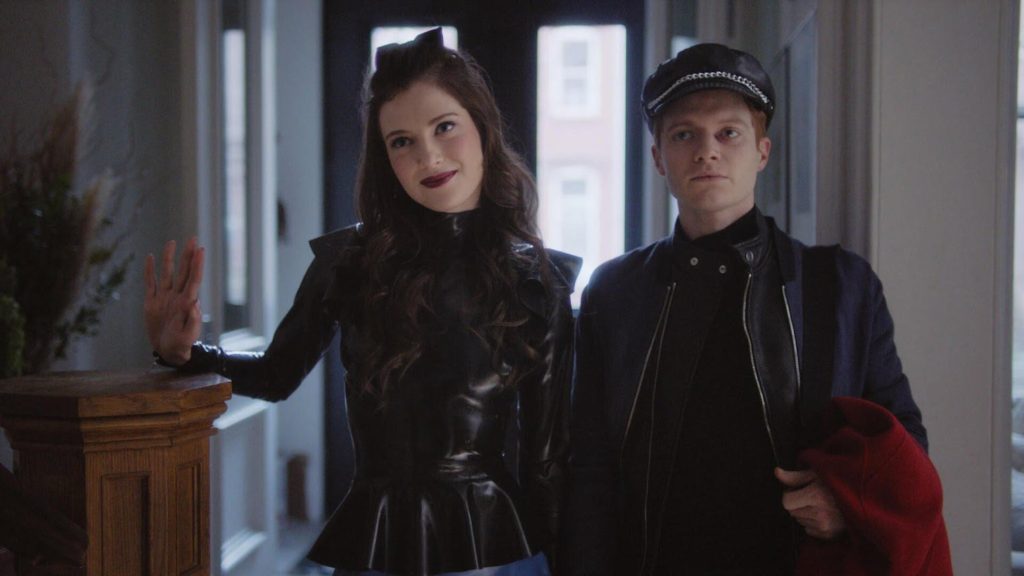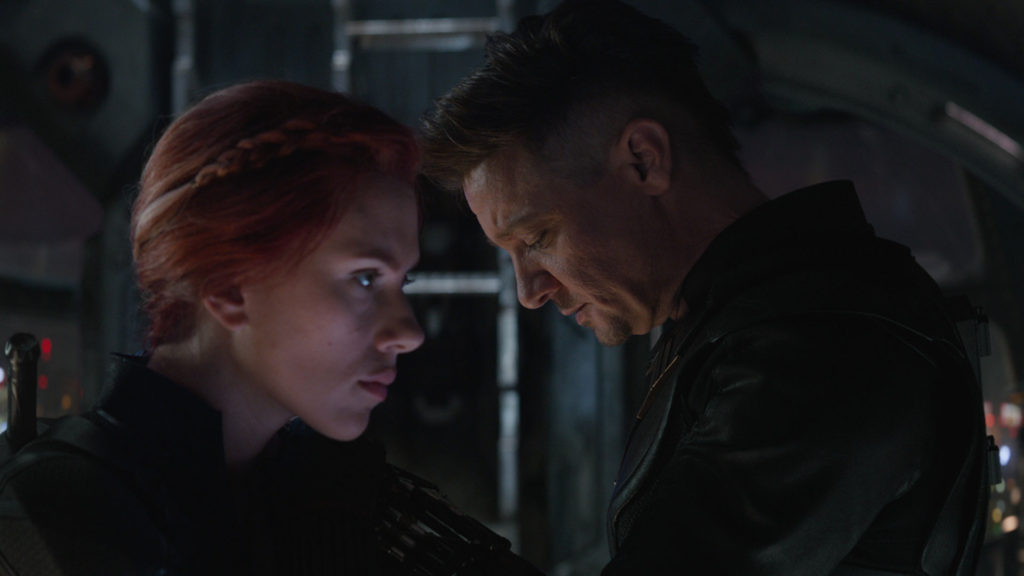Bonding Is a Succinct New Comedy With a Ton of Heart
Written by Ian Thomas Malone, Posted in Blog, Pop Culture, Reviews
One of the beautiful things about the streaming era is that no show has to look like any other, at least in theory. Without weekly timeslot obligations, programs can air for as long or as little as they want. Many streaming comedies take the former approach, with episode runtimes that occasionally double their commercial TV counterparts.
Netflix’s new comedy Bonding is a fascinating case study in “less is more.” With episode runtimes that never go past seventeen minutes, the show is a complete anomaly on the major streaming networks, one of the few series that doesn’t seek to pad out its inaugural season. The seven-episode first season does fly by, but it carries itself with such purpose that you can’t help but feel good about wanting more.
Bonding has a fairly simple premise. Tiffany is a grad student who works as a dominatrix under the alias of Mistress May to pay the bills. Pete, her gay best friend, serves as her initially reluctant assistant. Most of the episodes center around their work in Tiffany’s dungeon, though we do learn a lot about their personal lives over the course of the season.
The show is largely carried on the chemistry of leads Zoe Levin and Brendan Scannell. The angsty millennial trope is well played out in comedy, but Levin and Scannell are charming enough in their interactions to put aside the clichés. The show has a heavy helping of absurdist humor, often leaving the audience cringing as the credits start to roll.
Fifteen-minute episodes don’t leave a lot of time for character growth, but Bonding does a fairly good job of giving its leads something to build toward over the course of the season. The individual episode plots are generally pretty entertaining, a strong blend of absurdist and cringe comedy. The narrative occasionally stumbles over its own ambition, but it doesn’t really have any filler either.
Those looking for an accurate portrayal of BDSM should definitely look elsewhere, a point perhaps best illustrated through Mistress May’s ill-fitting corset. Mistress May’s own understanding of BDSM doesn’t come across as particularly professional either, something that will undoubtedly turn off a lot of viewers. The show does often look like it would benefit immensely from additional perspectives from those in the sex worker community to give it a sense of realism.
Powered by two strong lead performances from Zoe Levin and Brendan Scannell, Bonding is a succinct new comedy with a ton of heart. Each episode could be double its runtime and the seven-episode season might still not feel like enough. The whole flies by in the blink of an eye, a refreshing change from the sheer amount of shows that drag their feet with needless exposition. It’s better to leave viewers wanting more than to drain away any desire to continue by the time the final episode credits start rolling. Bonding has a few kinks of its own to work out in subsequent seasons, but its freshman effort was a very enjoyable one.












